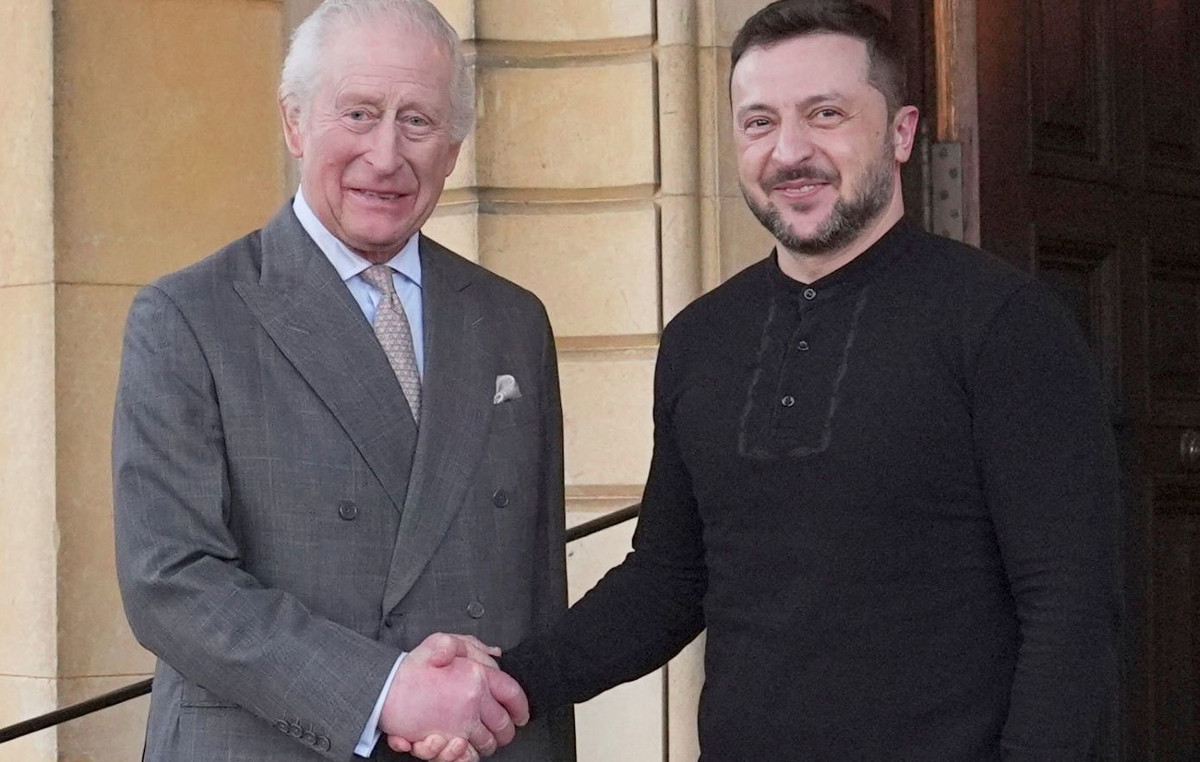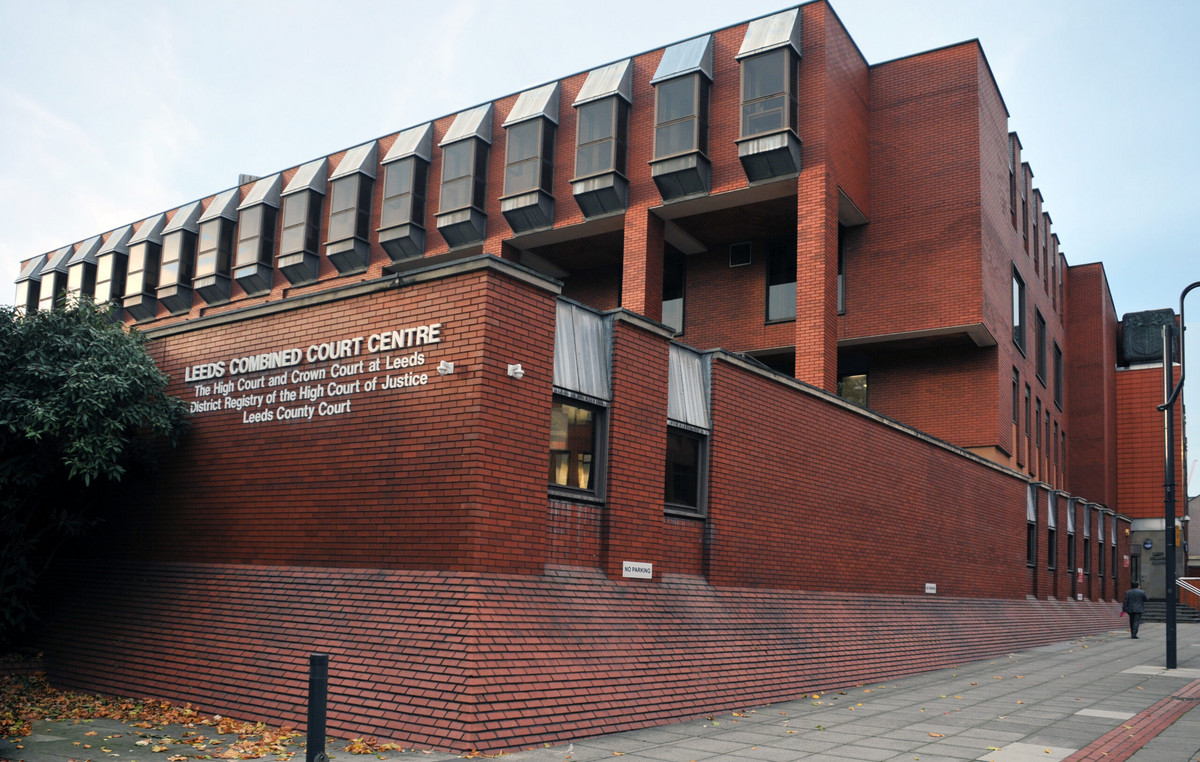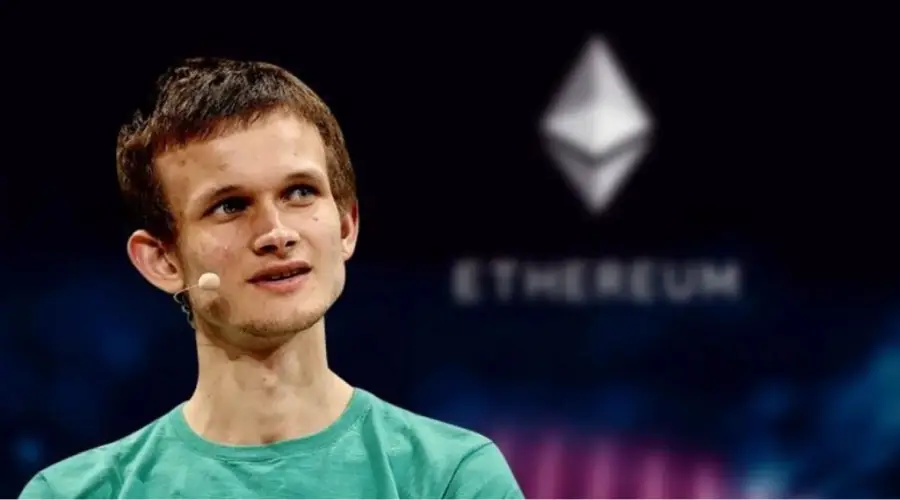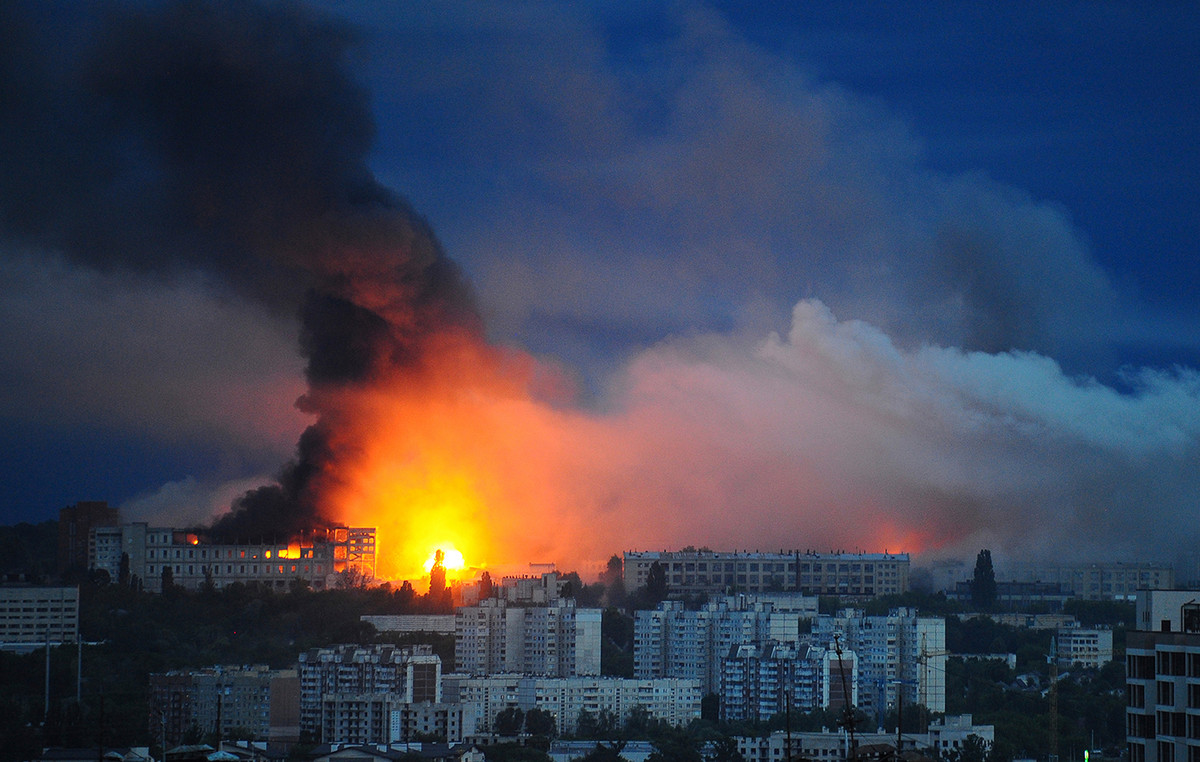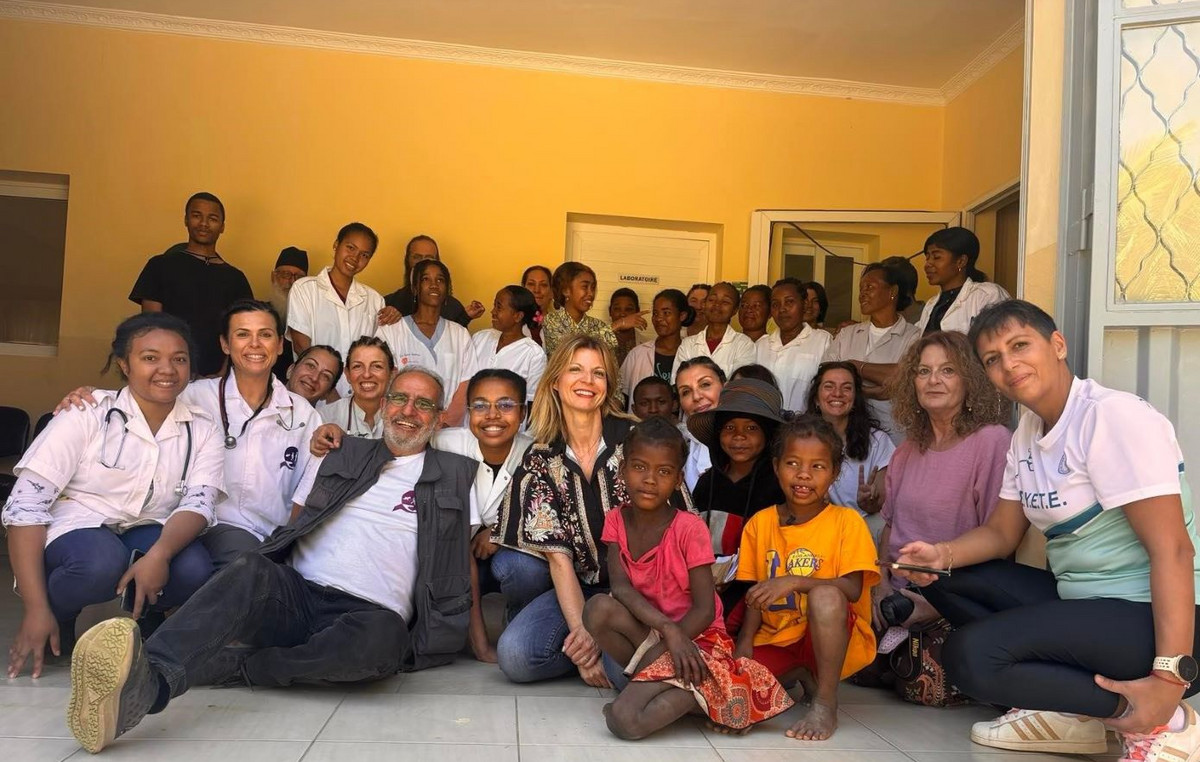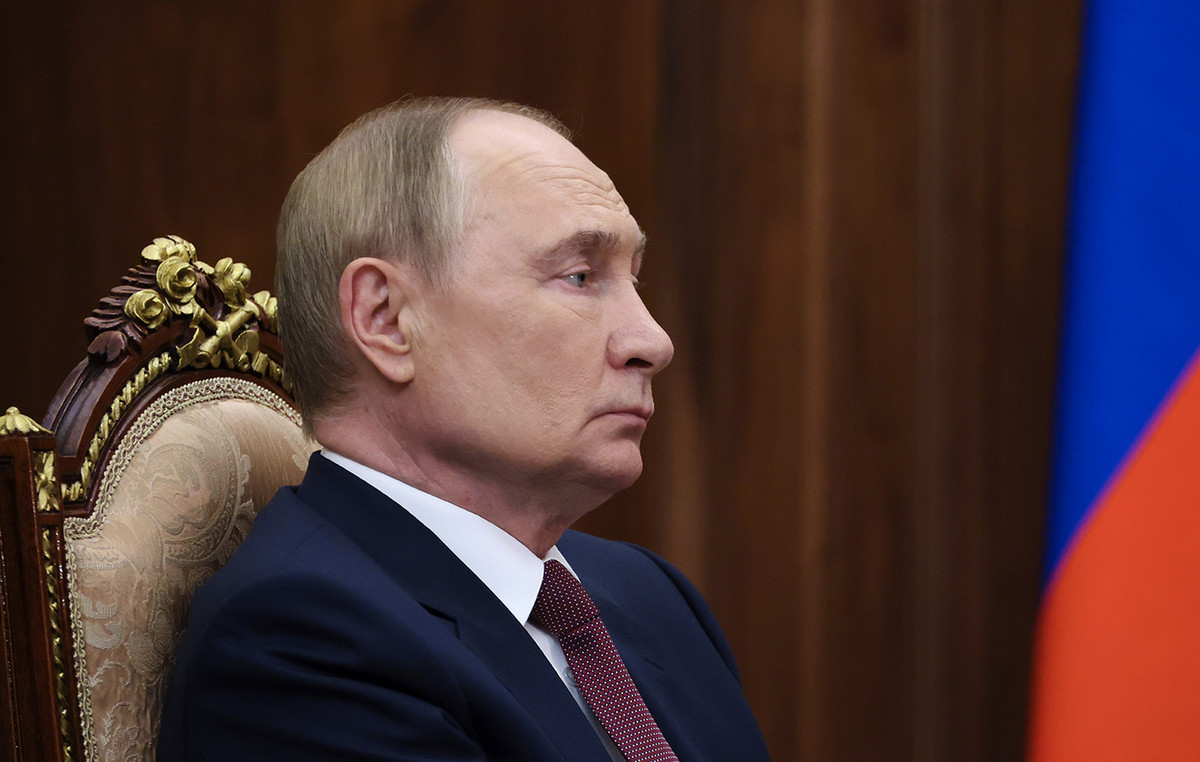WikiLeaks founder Julian Assange will be freed for the first time in 12 years after a US judge signed off on his unexpected plea deal on Wednesday morning local time.
In a surprising turn of events, the 52-year-old Australian was released from a maximum security prison in London on Monday afternoon (24) and had already boarded a private jet to leave the UK before the world even knew of his deal. with the United States government.
The activist appeared in a US court in the Northern Mariana Islands to formalize the agreement, officially pleading guilty to illegally conspiring to obtain and disclose classified information about his alleged role in one of the largest breaches of classified material in US military history. .
“Indeed, I am guilty as charged,” Assange told the court in Saipan.
The remote Pacific island chain is a US territory, located about 6,000 kilometers west of Hawaii.
Assange has long harbored a deep distrust of the American government, even accusing them of allegedly plotting his assassination.
The activist was hesitant to set foot on the U.S. mainland, so prosecutors asked that all proceedings take place in one day in a U.S. federal court based in Saipan, the largest island and capital of the Northern Mariana Islands.
Justice Department prosecutors also said the court in the Pacific islands makes logistical sense as it is closer to Australia, where Assange will travel after the conclusion of his legal battle.
At the beginning of the plea deal hearing, the judge reminded the activist that he was back in the United States and that the court was “the smallest, youngest and furthest from the nation’s capital.” Assange appeared relaxed in court, wearing a black jacket and brown tie, alongside his lawyers.
Asked by the judge, Ramona Manglona, to describe what he had done to be charged, Assange said:
“Working as a journalist, I encouraged my source to provide information that was said to be confidential in order to publish this information. I believe the First Amendment protected this activity. I believe that the First Amendment and the Espionage Act are in contradiction with each other, but I accept that it would be difficult to win such a case given all these circumstances.”
The activist and his whistleblower website gained global visibility in 2010, following a series of information leaks from former Army intelligence analyst Chelsea Manning related to the wars in Iraq and Afghanistan.
The website published a video showing a US military helicopter shooting at and killing two journalists and several Iraqi civilians in 2007. Several months later, it released more than 90,000 confidential documents from the war dating back to 2004.
Later in 2010, Assange was approached in Sweden to answer questions about allegations of sexual assault that had emerged.
Two years later, the activist sought political asylum at the Ecuadorian embassy in west London. He remained there for almost seven years, until the Metropolitan Police filed an extradition warrant from the US Department of Justice in 2019.
British officials moved in after Ecuador withdrew its asylum and invited officials to the embassy, citing Assange’s bad behavior.
For years, the US has argued that Assange endangered lives and posed a threat to national security. He originally faced 18 criminal charges related to his organization’s release of massive amounts of confidential information into the public domain.
Instead, as part of the deal negotiated with the Justice Department, Assange pleaded guilty to a single criminal charge.
The sentence was 62 months in prison, but he will not spend any time behind bars in the US, as the sentence is equivalent to the five years he fought extradition while incarcerated in Belmarsh prison, in London.
The deal negotiated with the US is the final act in a 14-year legal drama that spans continents, although it was not immediately clear why a resolution was reached now.

Australian officials have been pushing diplomatic angles for some time.
Australian Prime Minister Anthony Albanese was thought to have raised Assange’s case when he visited the White House last October.
The Australian leader said in parliament this Tuesday (25) that “regardless of the opinions people have about Mr. Assange’s activities, the case has dragged on for a long time. There is nothing to be gained from his continued incarceration and we want him to be brought home to Australia.”
US President Joe Biden has alluded in recent months to a possible deal pushed by Australian government officials to return Assange to Australia. However, the American government distanced itself from the events this Tuesday (25).
National Security Council spokeswoman Adrienne Watson told CNN this Tuesday (25): “This was an independent decision made by the Department of Justice and there was no involvement from the White House in the decision on the plea deal.”
Regardless, Assange’s wife, Stella, said on Tuesday (25) that she was “elated” at the news that her husband was free from Belmarsh.
“Honestly, it’s just incredible. I don’t know. It feels like it’s not real,” Stella told BBC Radio 4’s Today programme. She was speaking from Australia, where she flew with her two children on Sunday morning, ahead of Assange’s release.
Assange’s wife said she had not yet told her young children why they had traveled to their father’s homeland.

Assange’s half-brother, Gabriel Shipton, told CNN that “it’s an important day” for the activist, now that he has been released from a British prison after accepting a plea deal with the US. He added that his brother’s work changed the world.
Shipton said Assange is “excited to be a free man again” and eager to do normal things he has been unable to do after being held in a maximum security prison for the past five years. He said his brother enjoys watching Australian birds, swimming in the ocean and sharing meals with his wife and children.
“The work of WikiLeaks and the work of Julian – they are now historic,” said the activist’s brother.
“The assassination video that exposed Reuters journalists being killed by a helicopter in Baghdad. I think these are historic moments, historic publications that ran all over the world, torture in Guantánamo Bay, as well as corruption in the banking system, dumping of toxic waste. This is a legacy of WikiLeaks and Julian Assange,” he added.
Once the WikiLeaks founder lands in Australia, one thing on his to-do list will be paying the government for his ride home. Assange must pay $520,000 for the charter flight, according to the international campaign calling for his release.
To cover the alleged expenses, as well as other funds for his recovery, the campaign launched an appeal, asking supporters for donations.
Evan Perez, Devan Cole, Katelyn Polantz, Holmes Lybrand, Claudia Rebaza and DJ Judd from CNN contributed to the reports.
Source: CNN Brasil
Bruce Belcher is a seasoned author with over 5 years of experience in world news. He writes for online news websites and provides in-depth analysis on the world stock market. Bruce is known for his insightful perspectives and commitment to keeping the public informed.

